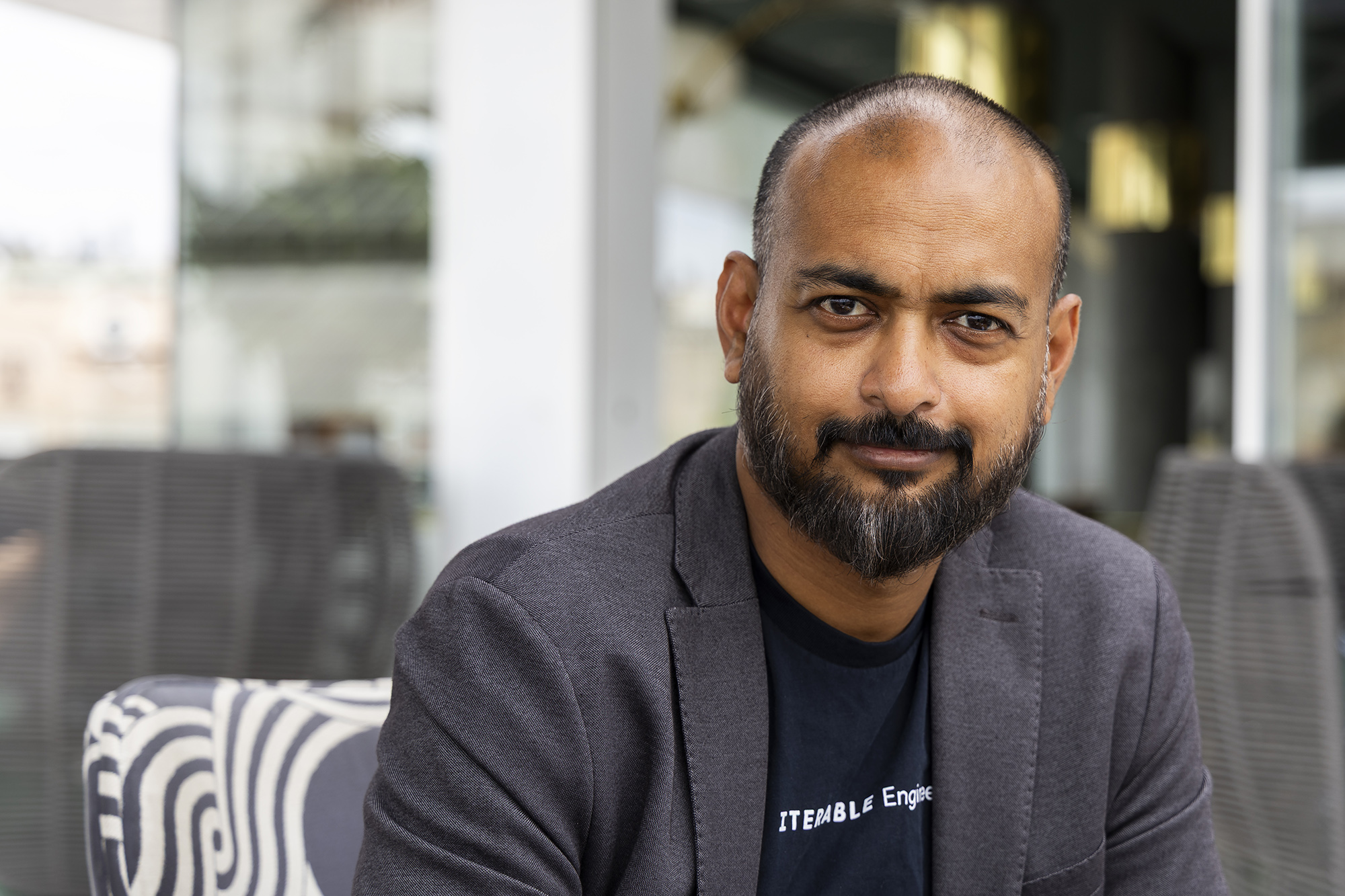“We don’t see many obstacles in attracting talent” to Iterable’s Lisbon hub, says CTO

Iterable's Lisbon hub is already developing certain features for the American unicorn's AI-powered marketing platform , including its new AI Agent, Nova. It is the only hub outside the United States with technology and product development teams.
"We're embarking on an AI-driven vision for the company, called Nova. This vision includes an experimentation layer, which allows our customers to run different experiments on our platform using AI. This experimentation layer is being built in Lisbon," Samya DasSarma, Iterable's chief technology officer , told ECO.
A project to be overseen by Andrew Boni, co-founder of Iterable and CEO of the unicorn until August, at which point he will hand over the company's executive presidency to Sam Allen, taking over as chief scientist.
Visiting Lisbon, the CTO doesn't hide his enthusiasm for the company's hub , its third outside the United States and the only one with teams dedicated to technology and product development. By September, when it celebrates its first anniversary, the hub is expected to have 25 employees.And it's recruiting .
"At our scale, we don't see many obstacles in attracting and retaining talent at this time. And we attract talent not only from Lisbon and Portugal, but also from abroad. We have engineers from different countries: Amsterdam [Netherlands], Slovakia, and Ukraine. About 20% of our engineering team is foreign and 80% is local," says Samya DasSarma.

The goal is to reach 100 people in "two or three years." The CTO isn't concerned about the potential negative impact of more restrictive immigration and nationality policies on his recruitment efforts. " I'm anticipating an increase of 60-70 more people in the next two years. There's enough talent in the European Union to be able to meet that ," he says.
Nor does it consider that the AI ACT — which has led startups, VCs, and tech lobby groups to call for its suspension — has a particular impact on companies' ability to launch innovation within regulatory parameters.
"All tech companies want to move fast and break down barriers. And sometimes we view these compliance requirements as hindering innovation. I believe these requirements are absolutely necessary to protect consumers and businesses, their data, their privacy, and everything else," says the CTO.
"We are closely monitoring these changes and are prepared to integrate these policies into our development pipeline so that our developers don't slow down, and we can sell products to companies that allow them to remain compliant," he says.
ECO-Economia Online





